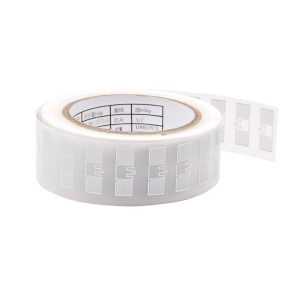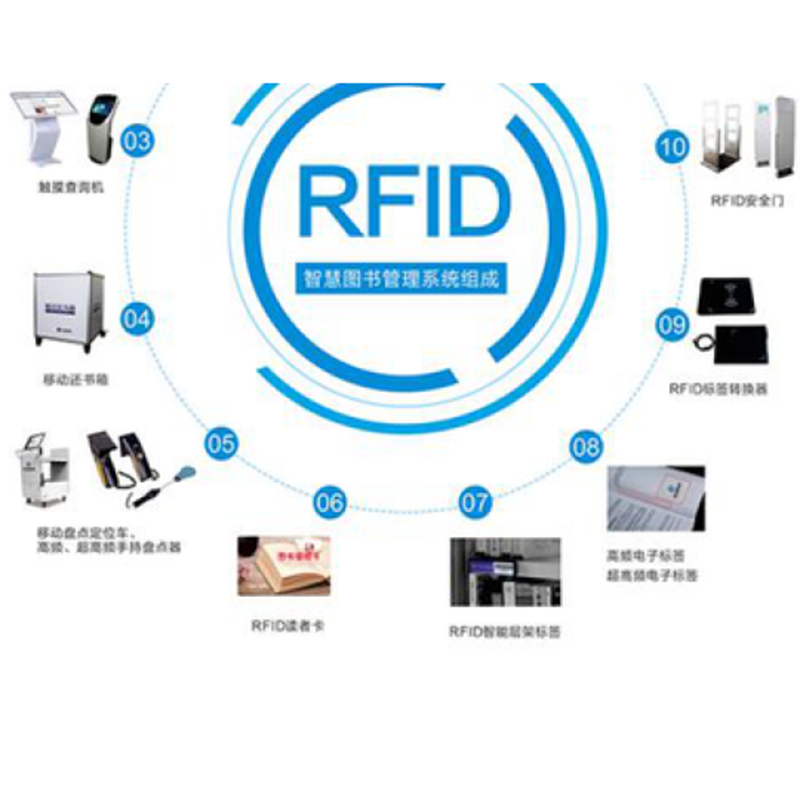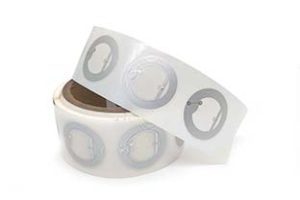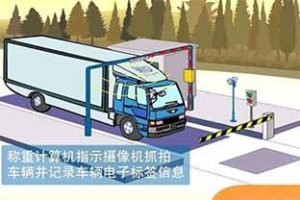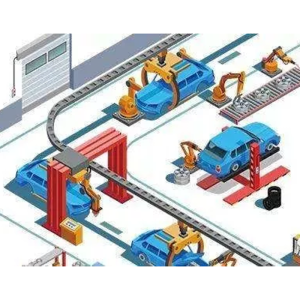The Application of NFC and RFID Technology in the Lithium Battery Industry 123
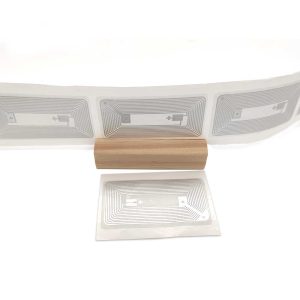
NFC and RFID TechnologyWith the rapid development of new energy vehicles, the battery market has also experienced rapid expansion. As the core component of new energy vehicles, lithium-ion batteries have become the mainstream choice due to their advantages such as high energy density and long lifespan. In the manufacturing process of lithium batteries, higher standards have been put forward for the safety performance of batteries, requiring the battery industry to upgrade production lines in terms of technological innovation, production automation, and standardized management, in order to accelerate the realization of intelligent manufacturing in the battery industry. RFID technology, as a wireless automatic identification technology, has been widely applied in many fields such as material tracking, inventory management, product traceability, industrial manufacturing, and asset management. Nowadays, in the field of lithium battery manufacturing, RFID technology is gradually maturing and being applied. RFID technology can mark, identify, and track every step of battery production and use, achieving transparency, automation, and controllability in production and supply chains.
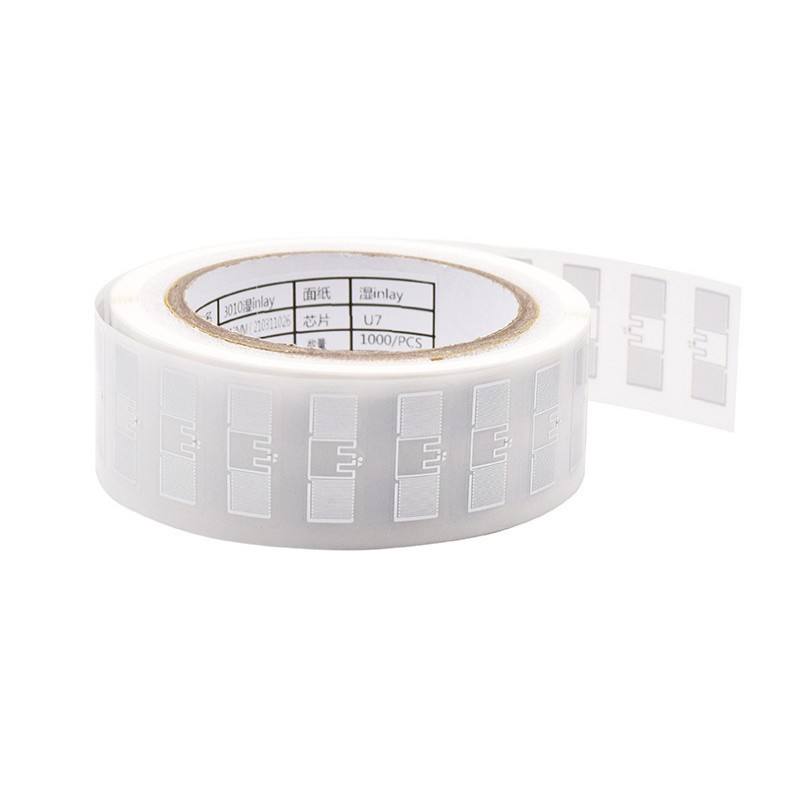
The production process of lithium batteries generally includes material preparation, homogenization, coating, rolling, cutting, baking, winding, shell insertion, laser welding, baking, liquid injection, pre charging, sealing, cleaning, aging, full inspection, warehousing, and shipping.
The application of RFID technology in the lithium battery industry is mainly reflected in the following aspects:
1. Raw material process:
Real time recording of raw material information and inventory levels through RFID readers, RFID tags, etc. allows for tracking of battery raw materials, storage locations, inbound and outbound information, and real-time understanding of inventory and consumption.
2. Production line process:
In the production process of lithium batteries, industrial RFID readers are installed at production line workstations, RFID tags are installed on pallets, and battery module information is recorded on pallets at different process stages. During the production process, the RFID reader scans the RFID tag information on the tray, quickly reads the tag information, and uploads the tray information to the control system. The control system issues corresponding work instructions to different workstations based on the information on the tray. RFID technology can use RFID tags as unique identification codes to mark electrode plates, diaphragms, etc., record production status, parameters, and quality, provide comprehensive tracking and monitoring, optimize production processes, and improve production efficiency.
3. Warehousing and logistics process:
For the logistics distribution of lithium batteries, RFID technology can monitor and track the entire process of battery production and supply chain, including material and product positioning, emergency alarm, distribution route optimization, etc., effectively reducing logistics costs, preventing resource waste and loss, and improving logistics operation efficiency and efficiency.
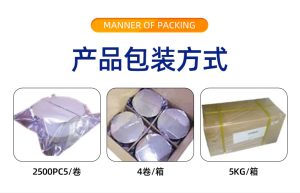
4. Traceability process:
NFC and RFID technology can record important data throughout the entire lithium battery production process, including production dates, process parameters, quality inspection results, factory batches, etc., achieving comprehensive traceability.
NFC and RFID technology can help improve production efficiency, management accuracy, and quality traceability in the production, management, and traceability process of lithium batteries. This provides strong technical support for the development of the lithium battery industry and is of great significance for promoting the industry and popularizing lithium battery technology.
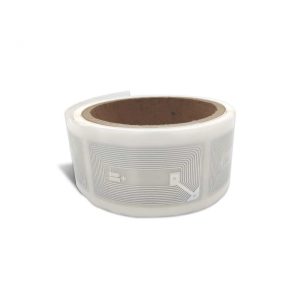
We have strong research and development capabilities and are a trusted manufacturer. Welcome to call or sales@molddl.com For consultation, our company supports small batch customization, packaging design, and free samples for OEM processing. Please contact us! This article is included in Baidu Wenku

